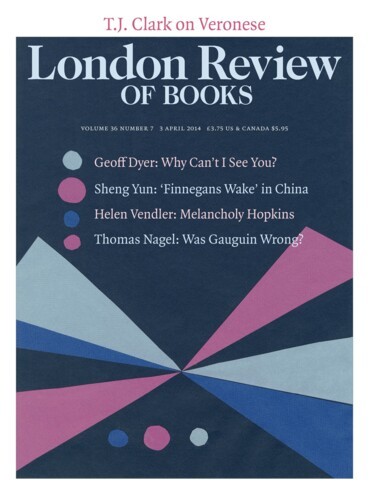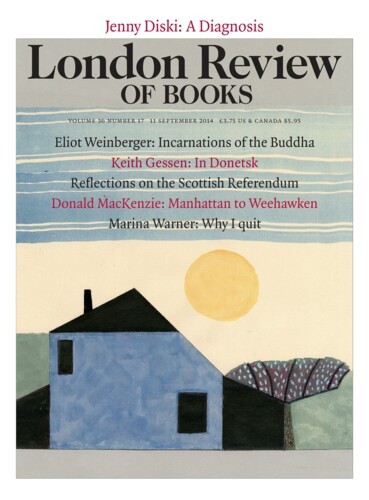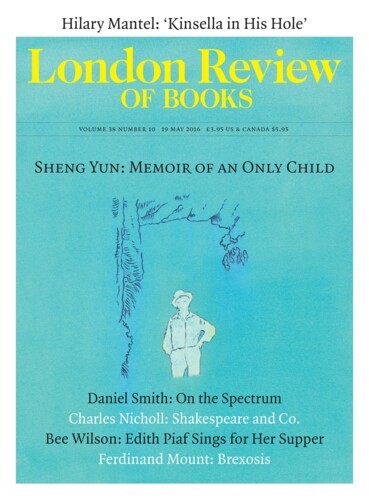From The Blog
3 October 2014
I didn’t expect to see Occupy Central on the streets when I arrived in Hong Kong at the end of September. Like most tourists from the mainland, I went down to Central with a couple of friends for a close-up look at one of the world’s greatest consumer cultures in action, but the protest had been brought forward. On the subway there were dozens of teenagers wearing yellow ribbons in support of the cause. My friend in Hong Kong, who knows a little Cantonese, overheard one of the girls saying the boy she had a crush on had gone to the protest and she wanted to join him. They got off at Admiralty station, close to the demonstration. Love is the handmaiden of revolution. Later on TV we saw the pepper spray and tear gas, and we heard rumours – it turned out later they were orchestrated – of rubber bullets and armoured vehicles on the streets, yet there was calm for the most part, despite the odd flurry of projectiles and an attempt to shove through a barrier. The police reaction seemed guaranteed to bring more people out.
3 October 2014




